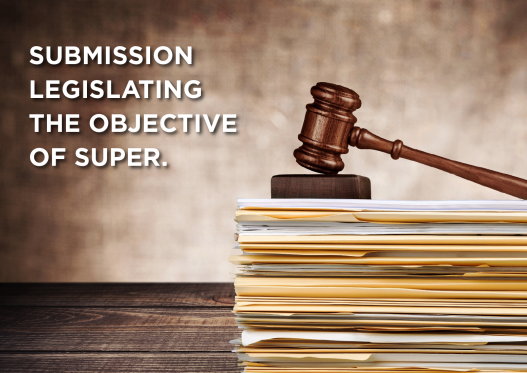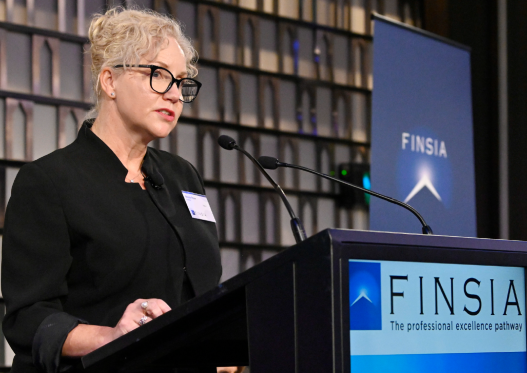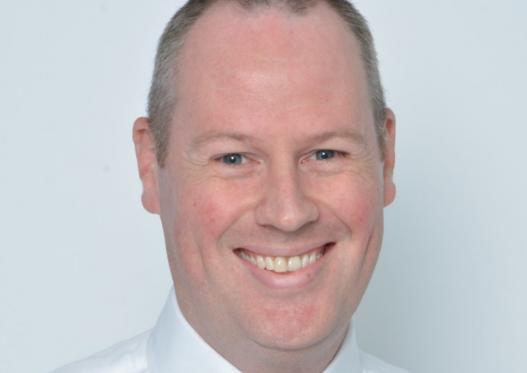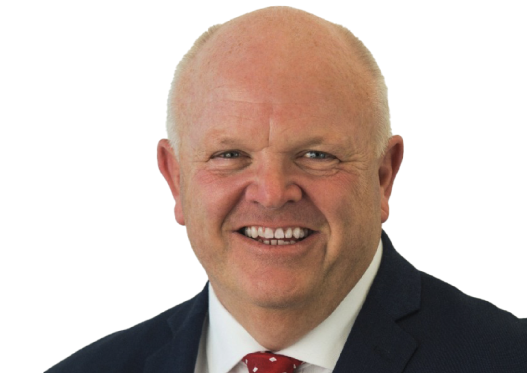But he says the RBNZ will need to raise the OCR once more next month as it continues to battle what he describes as a ‘World War’ on inflation ‘clubbing the economy with very high-interest rates’.
And while he gave an upbeat update, he says weather events like the recent Hawkes Bay flooding disaster could have a lingering impact on inflation as reconstruction costs will push prices higher in an already tight market.
“We are seeing things that we haven’t seen for decades. Disruption, geopolitical issues, a lot of inflation – 100 central banks hiked interest rates to quite high levels to tame inflation,” he said.
“While a lot of people think inflation is going to keep running at very high levels for a very long time. I do think central banks are winning the World War on inflation,” he said.
“I do think inflation rates this time next year - if we're to have this chat - we'll be running sort of half the sort of 7% pace that we've got today.
“We would hope to see inflation by the end of this year, around 4%. Then heading into the threes in 2024.
“So for businesses and households, there's a glimmer of hope.”
Referring to the $13bn price tag for the Hawkes Bay flooding recovery, he added: “Clearly, with these weather events, we need to actually build back better, which is more expensive.
“All the work being asked of the construction industry in New Zealand over the next few months and years is going to be inflationary.
“There will be significant cost pressures put through the system, which just frustrates our inflation outlook locally.
But he also sees an upside in increasing spending on the reconstruction effort.
“We’ve got the perfect excuse now to actually forget the fact that we've done nothing for 30 years,” he said.
“You don't get any better opportunities than this. So we will see a significant ramp-up in infrastructure investment. It will cost us but we have ample ability to increase debt as compared to other international countries. We have very low levels of debt compared to other countries around the world and in my view is albeit we're AAA rated we don’t necessarily need to be and can carry more debt.
And what’s the longer-term inflationary outlook and the objectives of central banks globally?
“They want to see inflation and expectations of where inflation's going to be back to 2% ASAP,” he said.
“It's at 7% now and it's going to take a very, very long time to get back down to 2% - more than 10 years, which is clearly unacceptable for our reserve bank. Our reserve bank wants it back at 2%.”
Bernard McCrea SF FIN, Chair NZ Regional FINSIA Council, said that the council appreciates that Jarred is bringing a strong view to the market with some real alternatives the Government and Reserve Bank could look to use. This is also helping FINSIA members deal with the current economic conditions to help them understand that there are alternatives to just everything is a nail and the RBNZ only has a hammer.
Benard said: "NZ FINSIA webinars and conferences have really helped finance people get a read on the economy and we will be looking to add more of this year. This is along with other events that are in the planning process right now’.
Read more: New Zealand well-placed to rebound from COVID, RBNZ tells FINSIA members








